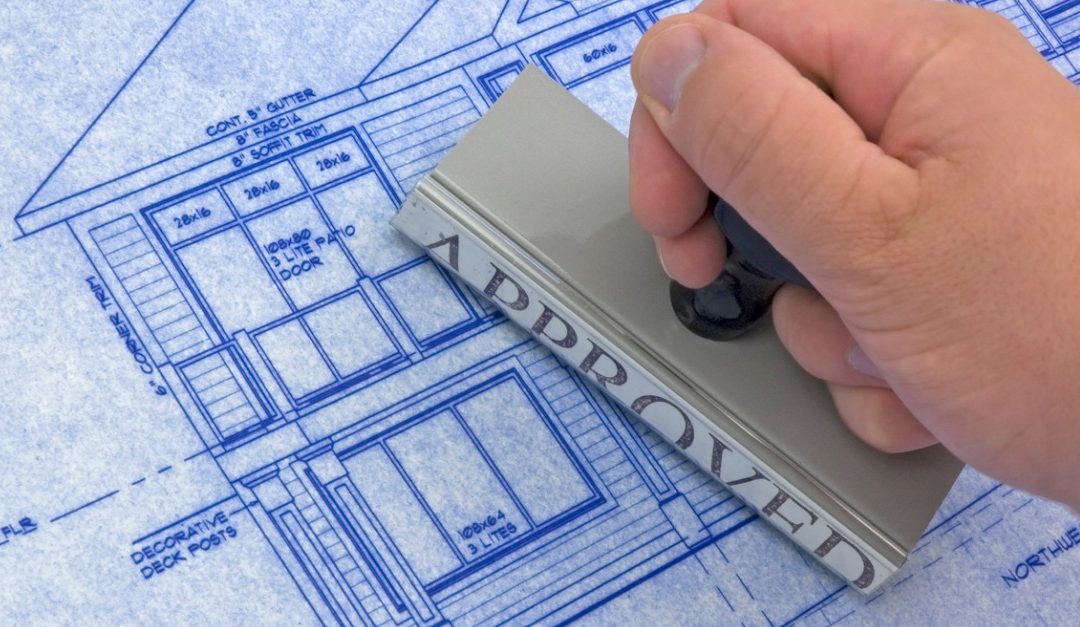
Remodeling your home can transform it into a more comfortable and functional living space for your family, but the process can be filled with unforeseen issues and stress. Homeowners often experience family tensions, insomnia and other problems as their homes undergo renovations. Here are some tips to help you manage:
Choose a Contractor Carefully
The most important thing to do is to hire the right contractor. Thoroughly research several companies and ask about their experience, qualifications, licenses and insurance. Check references and find out if a company has received complaints or been sued.
The most important thing to do is to hire the right contractor. Thoroughly research several companies and ask about their experience, qualifications, licenses and insurance. Check references and find out if a company has received complaints or been sued.
Ask how many people would work on your project at any given time and for how many hours and days per week. Contractors often take on several projects at once and split their time or crews between worksites. This can stretch out the time needed to complete each project.
Control Costs
Contractors sometimes suggest additional upgrades on top of what the homeowner requested. Customers may be persuaded to make improvements they hadn’t initially considered since walls, floors and other parts of the house will be removed anyway and it would be easier for the contractor to make other changes. Don’t agree to additional work you don’t need or particularly want simply because the contractor suggests it.
Contractors sometimes suggest additional upgrades on top of what the homeowner requested. Customers may be persuaded to make improvements they hadn’t initially considered since walls, floors and other parts of the house will be removed anyway and it would be easier for the contractor to make other changes. Don’t agree to additional work you don’t need or particularly want simply because the contractor suggests it.
While controlling the cost of your renovation is important, be prepared to go over budget. A contractor may give you a detailed and reasonable estimate, but after renovations start, workers could uncover mold, electrical or plumbing problems, or other issues they couldn’t have anticipated that need to be addressed. Build some room into your budget so that you’ll be prepared for unexpected costs.
Communicate With the Contractor and With Your Family
Ask the contractor questions so that you know what will be done each day, each week and each month, and how your family will be impacted. If there’s a problem, raise the issue immediately with the contractor in a calm and clear way.
Ask the contractor questions so that you know what will be done each day, each week and each month, and how your family will be impacted. If there’s a problem, raise the issue immediately with the contractor in a calm and clear way.
Talk to your family, particularly young children, about what will be done to the house and how renovations will affect daily life. Kids can easily feel overwhelmed and act out if they don’t understand what is happening and why. At the same time, be sure to discuss any scheduling and budget issues, and your stress level, honestly with your spouse.
Consider Living Somewhere Else
If possible, you might want to temporarily move out of your house while it’s being remodeled. Staying in a hotel or with a family member or friend might help you avoid chaos at home and allow the contractors to complete the work faster since they won’t need to work around your family’s schedule.
If possible, you might want to temporarily move out of your house while it’s being remodeled. Staying in a hotel or with a family member or friend might help you avoid chaos at home and allow the contractors to complete the work faster since they won’t need to work around your family’s schedule.
Keep Calm
Having your house remodeled can be stressful, particularly if you’re having multiple projects done over a period of several weeks or months. Be clear about what you do and don’t want, be prepared for unforeseen problems, communicate clearly with the contractor and your family, and consider temporarily relocating to manage the stress.
Having your house remodeled can be stressful, particularly if you’re having multiple projects done over a period of several weeks or months. Be clear about what you do and don’t want, be prepared for unforeseen problems, communicate clearly with the contractor and your family, and consider temporarily relocating to manage the stress.







